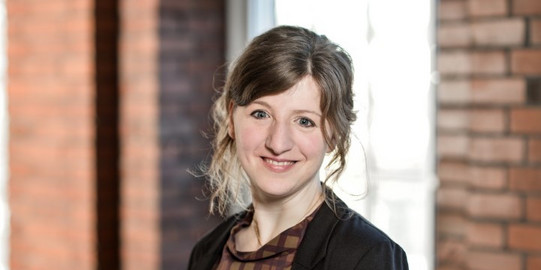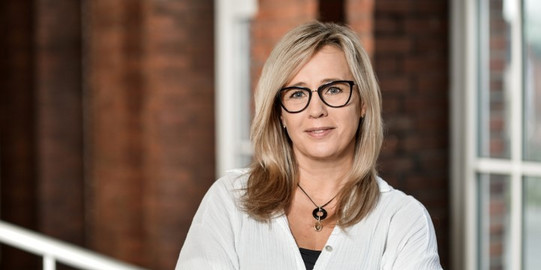Innovation and education in the digital society
Our research in this area is conducted against the backdrop of digital transformation. We refer to the process of digitalisation as a social innovation that leads to a transformation of society. We take a social perspective and examine the societal conditions and resonances of digitalisation with its inherent opportunities and risks.
Lines of research
In this context, we set two research priorities. Each of these is worked on by a research group and also represented in teaching. We ask about the opportunities and risks of digitalisation for participation and inclusion and we examine the conditions for the success of (digital) social innovations.
Digital inclusion / e-inclusion
Inclusion as a task for society as a whole demands that opportunities to participate in social and therefore also in digital life are increased. In contrast to integration, inclusion goes beyond structural integration and aims at a societal transformation towards a society in which diversity is recognised as normal and which aligns its structures to the diverse needs of all people. On this basis, we deal firstly with the opportunities and risks of digital media for participation, and secondly with the framework conditions that come into play.
We investigate “participation with media” – that is, the promotion of opportunities for participation through the use of digital instruments, as well as “participation in media” – that is, participation in the increasingly digitalised society (e.g. Pelka 2018). Digitalisation can promote equal opportunities, empowerment and inclusion, but at the same time there are also new risks such as dependencies, opportunities for manipulation and new lines of social exclusion. This applies in particular to those who are already increasingly affected by social inequality due to their personal characteristics (e.g. age, gender, dis-/ability, migration history, educational background).
To counter these risks, the creation of an inclusive digital infrastructure at low-threshold learning places is of great importance, along with an offering of offline support and trained media educators, easily accessible content, and media-educational concepts. Places of digital inclusion function as venues in which disadvantaged people can experience support and barrier-free spaces (e.g. in district centres, cultural institutions or MakerSpaces, see e.g. Pelka 2016). We examine these places from a social innovation perspective and ask about new forms of social action that support participation in and with media; but we also ask which new social practices arise through digital inclusion.
How can participation succeed in an increasingly digitalised society and how is participation in society supported with digital media? What role do social innovations play in this?
At which social interfaces can the deployment and use of digital opportunities improve an inclusive infrastructure and counteract social inequality?
Incluscience: Erweiterung der Wheelmap.org um einen bürgerwissenschaftlichen Ansatz (Verticals) und Erstellung eines bürgerwissenschaftlichen Instrumentenkoffers für inklusive Bürgerwissenschaft
Emscher Lippe Hoch 4: Einrichtung eines Reallabors zur Stärkung digitaler Kompetenzen benachteiligter Menschen in der Emscher-Lippe-Region
Evaluation PIKSL: Skalierung des Ansatzes eines inklusiven Lernortes
SELFMADE: Aufbau eines inklusiven MakerSpace in einer Werkstatt für Menschen mit Behinderungen
MAKE-IT: Untersuchung der europäischen Maker-Bewegung
I-LINC: Erstellung einer Plattform zur Kooperation unterschiedlicher Stakeholder an der Schnittstelle von Online-Lernen, Inklusion und Beruflichkeit
Social innovations
Social innovation (SI) as a central research topic of the Social Research Center Dortmund (Sozialforschungsstelle, sfs) is well received in research area 3 in a large number of international and national projects as well as in academic courses. On the one hand we pursue basic SI research, on the other hand we maintain a specific thematic focus on the topics of inclusion, ecosystems and the role of universities.
As reflected in empirical research, marginalised groups in general and people with disabilities in particular are important target groups and also important stakeholder groups in SI initiatives worldwide (inclusive social innovation). The conditions for the success and/or failure of such initiatives and their dissemination as well as the special requirements for cross-sectoral cooperation are the subject of our research (e.g. Eckhardt / Kaletka / Pelka 2018).
To understand why some innovations prevail and others fail, it is not enough to analyse only actors, cooperations and power constellations, as it also necessary to understand the ecosystems in which social innovations arise. Ecosystems include laws and cultural norms, political, technological and economic framework conditions, intermediate structures and educational offerings (e.g. Kaletka / Markmann / Pelka 2016). These complex conditions form the framework for research on SI initiatives and infrastructures. They are also fundamental for research on diffusion processes.
The success of social innovations also depends on how well the potential of research and educational institutions is utilised (e.g. Anderson / Domanski / Howaldt 2018). In addition to research focusing on transformation processes, approaches in which science itself is an active participant in social innovations are gaining importance. Thus, in this sense, “transformative research” tries to solve social problems by activating processes of social change. Accordingly, we ask questions regarding new modes of knowledge production and the scientific co-creation of knowledge that are aimed at involving practitioners and social innovators in the innovation processes.
Which dynamics promote the emergence, establishment and dissemination of social innovations?
Which actors promote social innovations?
What conditions must prevail so that diffusion processes of social innovation succeed?
02/2018 - 01/2021
Emscher Lippe Hoch 4: Einrichtung eines Reallabors zur Stärkung digitaler Kompetenzen benachteiligter Menschen in der Emscher-Lippe-Region
05/2018 - 04/2021
SISCODE: Society in Science and Innovation through Co-Design
01/2018 - 12/2020
SIKE: Social Innovation through Knowledge Exchange: Entwicklung von Instrumenten für den Wissensaustausch zwischen Hochschulen und nichtakademischen Organisationen
10/2016 - 10/2019
Students4Change: Social Entrepreneurship in Academia: Integration sozialer Innovationen in die Lehrpläne lateinamerikanischer Universitäten
06/2016 - 05/2019
KoSI-LAB: Entwicklung Kommunaler Labore sozialer Innovation in Dortmund und Wuppertal
02/2016 - 01/2019
Social Innovation Community (SIC): Themenübergreifende Netzwerkentwicklung zwischen Forschung, Politik und Praxis sozialer Innovation.
01/2014 - 12/2017
SI-DRIVE: Social Innovation – Driving Force of Social Change. Theoretische und empirische Erarbeitung eines vertieften Verständnisses sozialer Innovation
Coordination:
Research associates:

Katrin Bauer

Katharina Buch

Felix Fankhänel

Dr. Vanessa-Nina Heitplatz

PD Dr. Christoph Kaletka
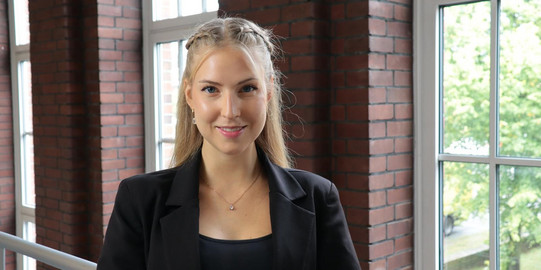
Jessica Klassen
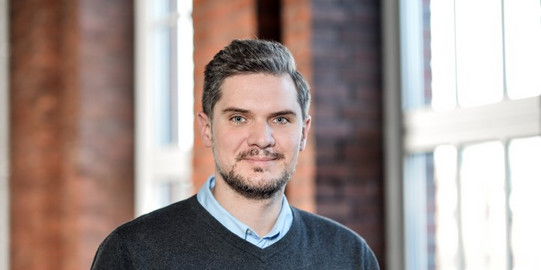
Daniel Krüger
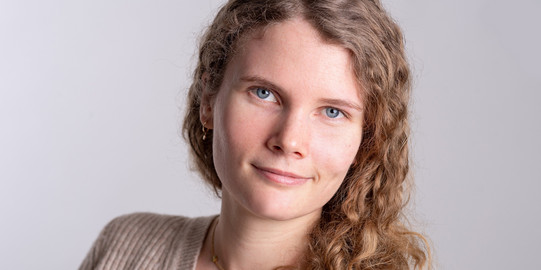
Marie-Christin Lueg
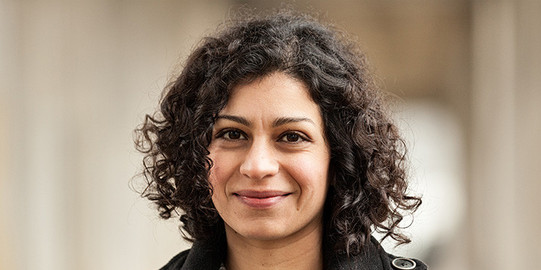
Dr. Karina Maldonado-Mariscal

Caroline Mosch
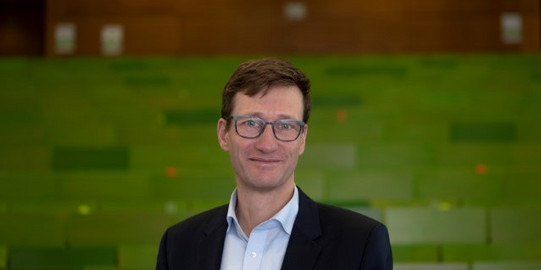
Dr. habil. Bastian Pelka

Lisa Preissner

Ann Christin Schulz
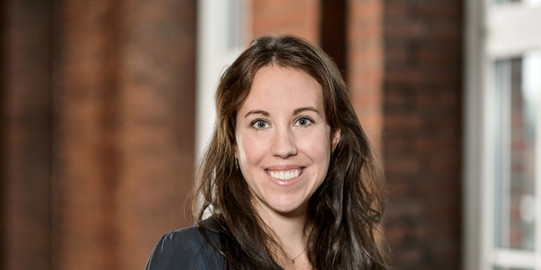




![[Translate to English:] [Translate to English:]](/storages/zentraler_bilderpool/_processed_/a/f/csm_Kontakt_b86e8d8ecc.png)
![[Translate to English:] [Translate to English:]](/storages/sfs-sowi/_processed_/6/c/csm_Glasfront_sfs_Header_eae6d325d3.jpg)
